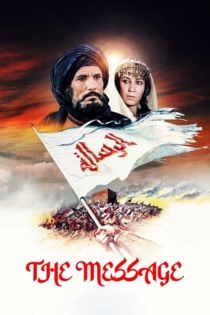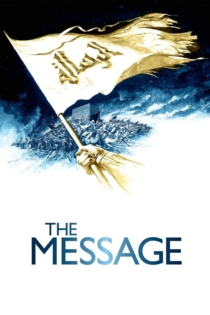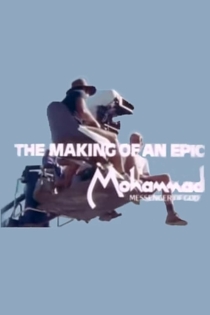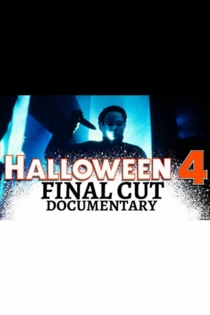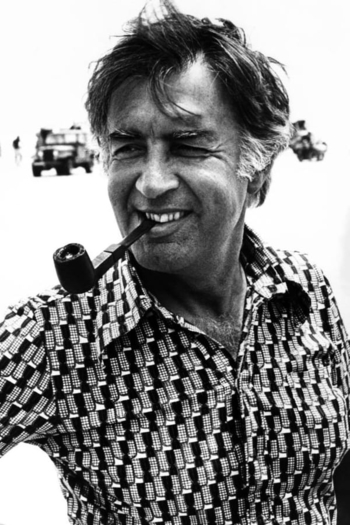
Moustapha Akkad
1930 - 2005NBC offered him a better salary if he chose not to put his name on the project, and this is where he learned a great lesson. That for a film maker recognition is more important than money. In 1976 he made his first feature film, The Message (1976), where he directed and produced; the film was about the birth of Islam starring Anthony Quinn and Irene Papas. The film did not score at the American box office because the face of the prophet Mohammed (the main character in the movie) did not show on the screen due to religious reasons, but it did well world-wide.
In 1978 John Carpenter came to him with the screenplay for Halloween (1978) and Akkad produced it while Carpenter directed it. The movie was a big success. In 1981 he went back to directing when he directed Anthony Quinn again in Lion of the Desert (1980), a movie funded by Muammar Gaddafi and due to his political persona the movie did not score at the box office. It was about Libyan freedom fighter Omar Al-Mokhtar and Libyans' fight for freedom against the colonizing Italians, and was his last directorial project.
After that he went back to producing the Halloween sequels. In 1995, he decided to make a film about the life of Saladin the great Muslim leader who fought the crusaders but he was never able to get the appropriate funding. On 9 November 2005 he was killed in a terrorist attack in Amman, Jordan. As a director he was greatly affected by David Lean (Lawrence of Arabia (1962)) but had his own amazing touches.
Lion of the Desert
Moustapha Akkad
Anthony Quinn, Rod Steiger
This movie tells the story of Omar Mukhtar, an Arab Muslim rebel who fought against the Italian conquest of Libya in WWII. It gives western viewers a glimpse into this little-known region and chapter of history, and exposes the savage means by which the conquering army attempted to subdue the natives.
Lion of the Desert
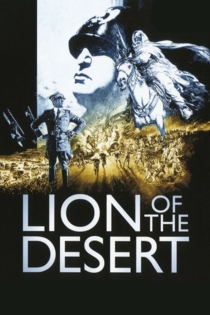
Halloween: The Inside Story
Phil Noble Jr., Phil Nobile Jr.
Rob Naughton, Rob Zombie
This feature-length documentary takes a look at one of the most successful film franchises of all time as it goes behind the scenes of John Carpenter’s Halloween, the frightfest that redefined the horror genre in the late 1970s.
Halloween: The Inside Story
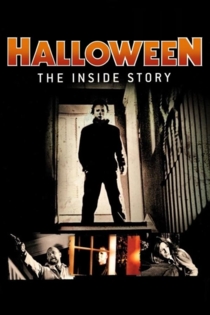
Halloween: A Cut Above the Rest
Jamie Lee Curtis, Donald Pleasence
Using original interviews with director John Carpenter, stars Jamie Lee Curtis and P.J. Soles, and crew members, Halloween: A Cut Above The Rest unveils the production of the horror classic and how the ingenuity of Carpenter and his team, coupled with the shoestring budget of $325,000, drove the filmmakers to create one of the most influential horror films of all time.
Halloween: A Cut Above the Rest

Halloween: 25 Years of Terror
Stefan Hutchinson
P.J. Soles, John Carpenter
Follow the evolution of the 'Halloween' movies over the past twenty-five years. It examines why the films are so popular and revisits many of the original locations used in the films - seeing the effects on the local community. For the first time, cast, crew, critics and fans join together in the ultimate 'Halloween' retrospective.
Halloween: 25 Years of Terror
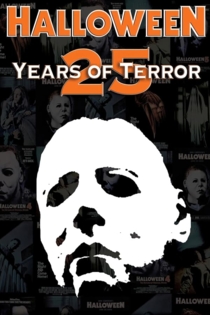
Going to Pieces: The Rise and Fall of the Slasher Film
Jeff McQueen
Ed Green, Lilyan Chauvin
This historical and critical look at slasher films, which includes dozens of clips, begins with Halloween, Friday the 13th, and Prom Night. The films' directors, writers, producers, and special effects creators comment on the films' making and success. During the Reagan years, the films get gorier, budgets get smaller, and their appeal wanes. Then, Nightmare on Elm Street revives the genre. Jump to the late 90s, when Scream brings humor and TV stars into the mix.
Going to Pieces: The Rise and Fall of the Slasher Film

Halloween: Unmasked
Mark Cerulli
Dee Snider, John Carpenter
A retrospective documentary on the making of the movie "Halloween," featuring exclusive interviews with director John Carpenter, producer Debra Hill, and stars Jamie Lee Curtis, PJ Soles, and Nick Castle.
Halloween: Unmasked
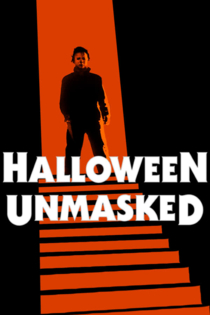
Ar-Rissala
Moustapha Akkad
Abdallah Gheith, Mona Wassef
In sixth century Mecca, Prophet Mohamed receives his first revelation from God as a messenger. Three years later, he's not alone in his quest and publicly declares his prophecy. Mohamed is fought by Abu Sufian and his wife Hind, rulers of Mecca. Mohamed's followers are hunted and tortured but he continues his calling.
The Message
